Dr David J. Pinato is a Clinician Scientist and Consultant Medical Oncologist working within the Department of Surgery and Cancer at Imperial College in London.
He is Director of Developmental Cancer Therapeutics at Imperial College, where he leads a translational research program focusing on the early clinical implementation of novel experimental anticancer therapies to the clinic, with particular emphasis on anti-cancer immunotherapy. He has led the inception of a portfolio of first-in-class studies of immune checkpoint inhibitors in liver cancer, which has represented David’s focus of research since graduation with highest honours at the University of Piemonte Orientale "A. Avogadro" in Novara, Italy.
David’s group has made significant contributions to the understanding of host mechanisms underpinning response to anti-cancer immunotherapy.
David completed his research training being awarded a Masters of Research in Translational Medicine and a Ph.D. in Clinical and Experimental Medicine. David’s Ph.D. research focused on inflammation as a pathogenic and prognostic mechanism in liver cancer.
Since his graduation, David matured his clinical skills attending several academic institutions in Europe including the University Hospital in Zürich, the Medical University in Vienna and the University of Ioannina in Greece. He completed his core medical training across some of the busiest acute hospitals in London, being elected member of the Royal College of Physicians (MRCP) in 2014. He has trained in Medical Oncology as part of the Royal Marsden Hospital rotation, having migrated to Imperial College in April 2015 to take up a Clinical Lectureship funded by the National Institute for Health Research (NIHR).
In 2018 David was awarded a Clinician Scientist fellowship funded by the Wellcome Trust Strategic Fund centered on the development of immunotherapy in liver cancer. Hepatocellular Carcinoma (HCC) is the most frequently occurring primary liver tumour that currently ranks 5th by incidence and 3rd by mortality on a global scale. David's studies, supported by international collaborations, have led to the qualification of novel prognostic and predictive biomarkers in HCC, which have been published in leading journals in the field including the Journal of Clinical Oncology, Annals of Oncology, Hepatology and many others.
In 2022 David was promoted Clinical Reader in Medical Oncology.
David's research efforts in liver cancer have been recognized with the prestigious EASL Emerging Leader Award in 2023. David was three time recipient of a Merit Award from the American Society of Clinical Oncology (ASCO) in 2016, 2017, 2019 as well as a fourth Merit Award jointly awarded by ASCO and by the Society for Immunotherapy of Cancer (SITC) in 2019.
David is also a recipient of the ASCO Global Oncology Young Investigator Award 2019 in recognition of his research on HIV-associated hepatocellular cancer. David was also awarded a prize by the British Society of Pharmacology in 2018, the Sylvia Lawler Prize in Oncology from the Royal Society of Medicine in 2016, the European School of Oncology fellowship in 2008 and the Fulbright Visiting Research Scholar Fellowship for 2010/2011.
David lectures internationally in the field of molecular oncology with a specific interest in HCC and acts as a reviewer for a number of peer-reviewed journals including The Lancet, Cancer Discovery, Hepatology, Journal of Hepatology, Oncogene, Gut and many others. He has acted as peer reviewer for a number of grant awarding bodies including the MRC, Breast Cancer Now and Cancer Research UK.
Google Scholar: https://scholar.google.com/citations?user=5YOV0hEAAAAJ&hl=en
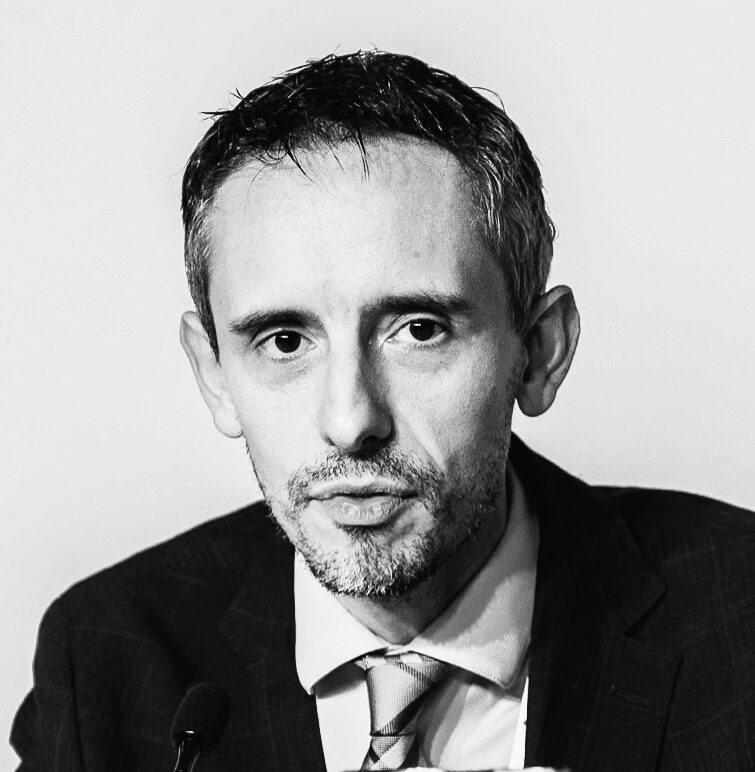
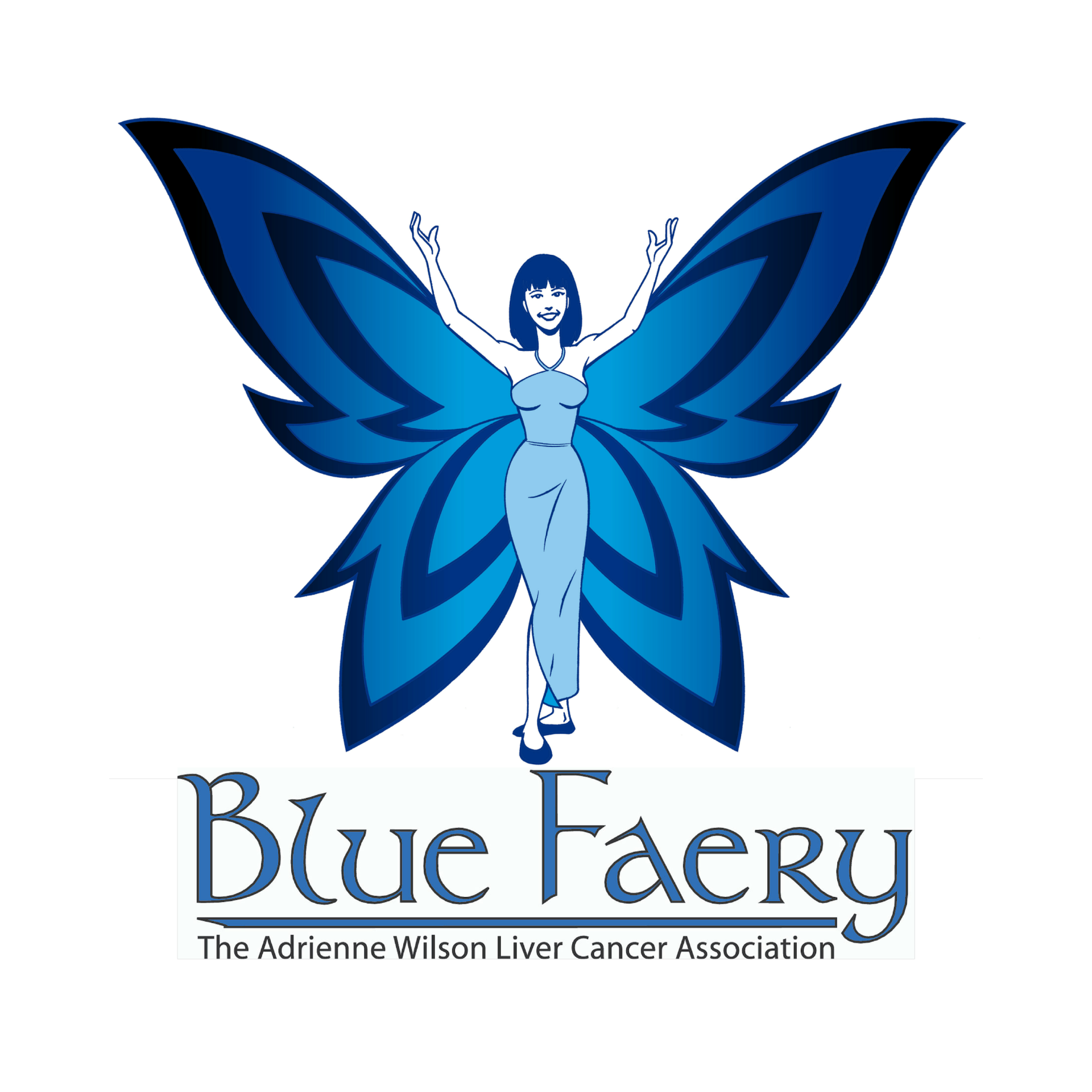
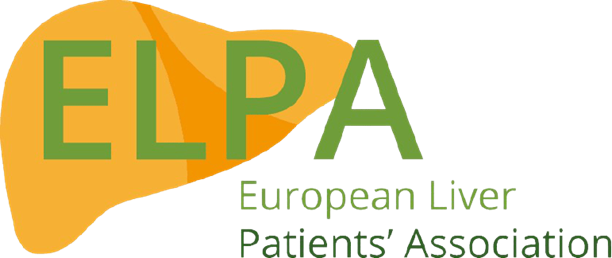
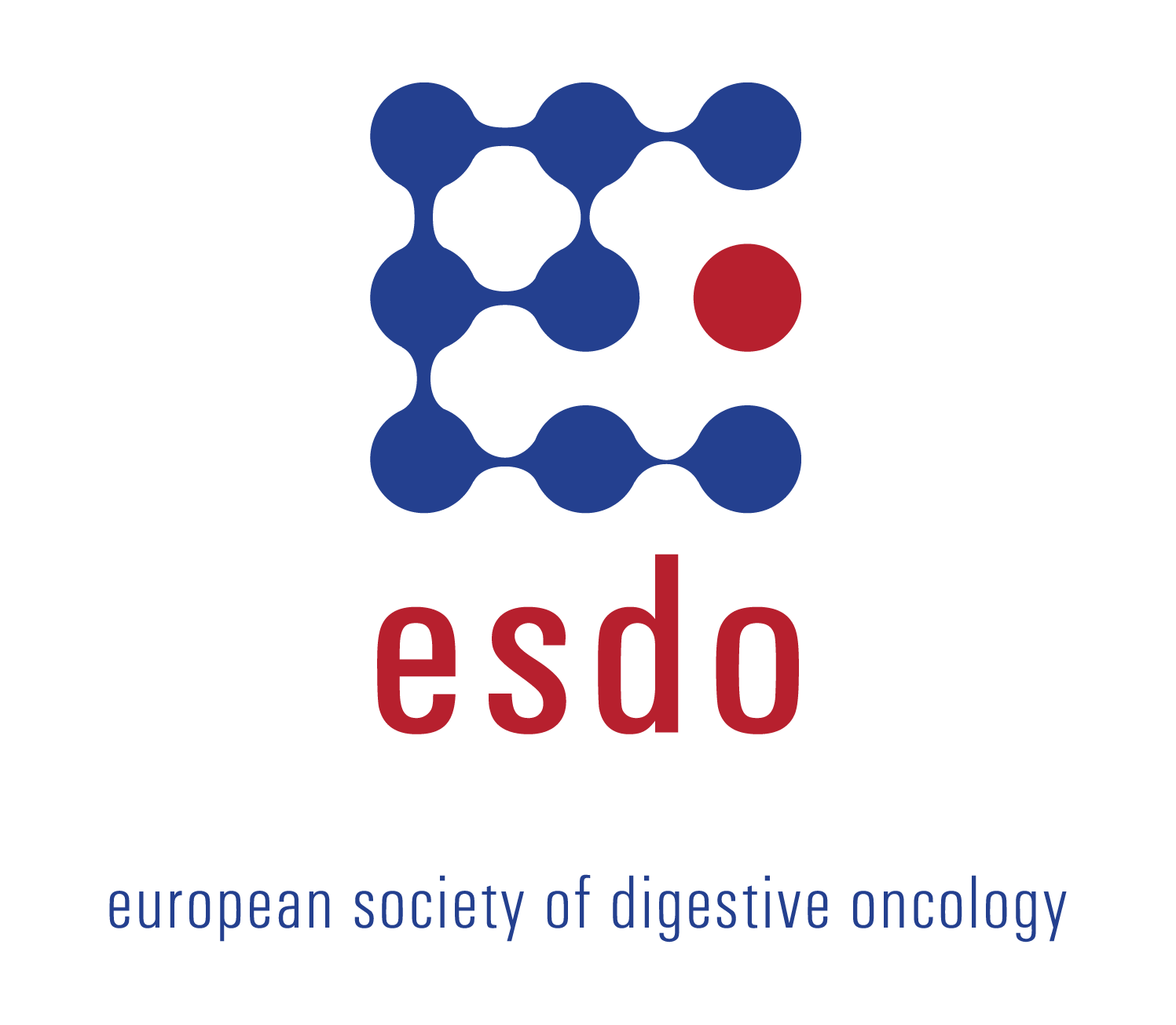
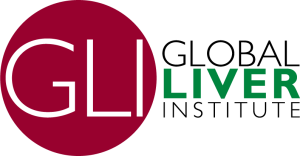
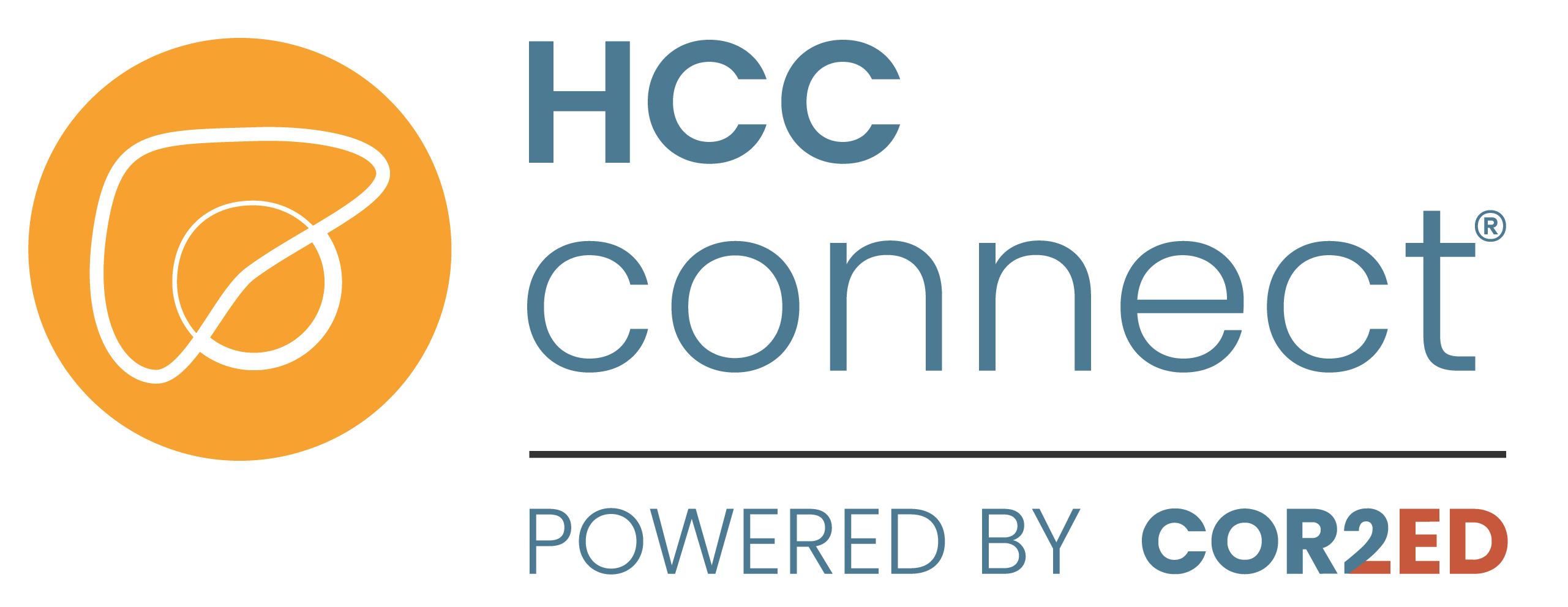
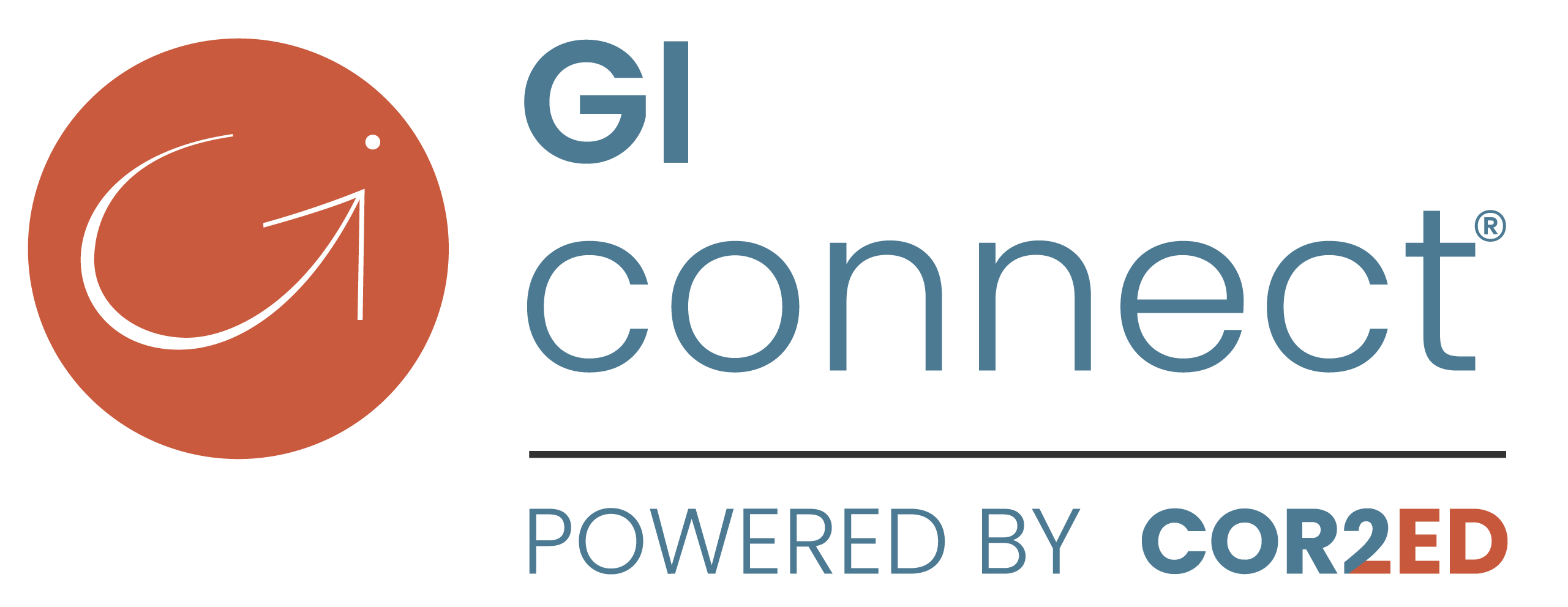


 Downloadable
Downloadable  6 MIN
6 MIN
 Dec 2025
Dec 2025 








